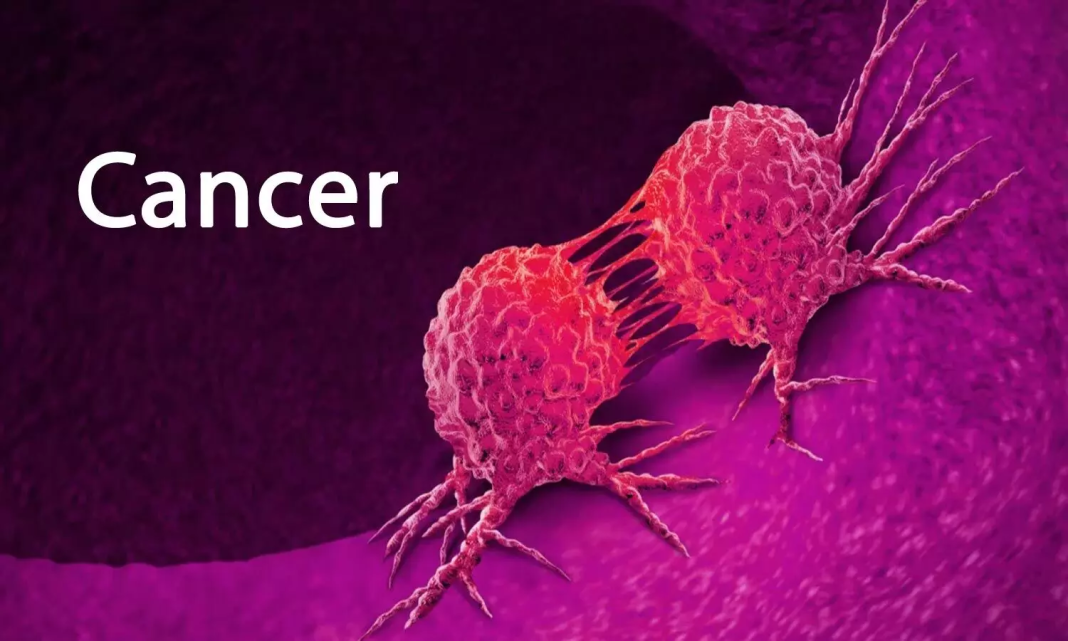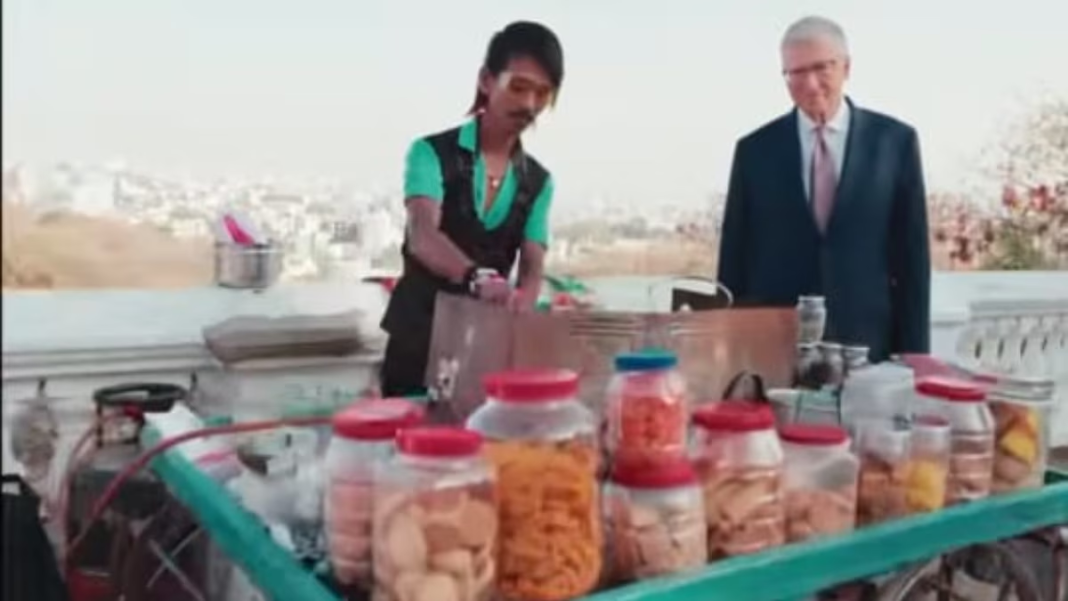Physicians stated on Wednesday that human studies are the only way to determine the effectiveness of a novel Rs 100 tablet designed to prevent cancer from reoccurring.
Researchers at the Tata Memorial Centre (TMC) in Mumbai reportedly identified a medication that would only cost Rs 100 to prevent cancer from relapsing, according to an NDTV article.
The ‘R+Cu’ tablet, which contains a pro-oxidant mixture of resveratrol and copper, produced oxygen radicals in the stomach to prevent cancer from recurring, according to a study conducted on mice.
According to Dr. Shyam Aggarwal, Chairman of the Department of Medical Oncology at Sir Ganga Ram Hospital, “existing treatments, which continue to result in cures in a considerable portion of cancer patients,” are more effective than the experimental mouse study, as IANS was informed.
Dr. Rajeev Jayadevan, Co-Chairman of the National IMA Covid Task Force, described it as “an exaggerated claim” in a post on X. He praised the findings and called it “interesting,” but he added it could not be viewed as a “cancer cure.”
According to Dr. Shyam Aggarwal, the study demonstrates how cell-free chromatin—chromosome fragments that are liberated from cancer cells following chemotherapy—affects healthy tissues and sets off a chain reaction of inflammation that can result in adverse effects including mucositis and low blood counts, among other things.
In certain human investigations, it has been demonstrated that combining copper with resveratrol, a widely available nutraceutical, can break down circulating cell-free chromatin and reduce toxicity. There are ongoing human research, he noted.
According to the study, the pill can cut the negative effects of chemotherapy in half and lower cancer risk by thirty percent.
According to Dr. Rajeev Jayadevan’s post on X, the researchers “used a pro-oxidant combination of copper and resveratrol (found in peanuts, cocoa, and grapes) known to damage DNA by generating oxygen radicals.”
It is yet unknown, he said, “whether this will translate into real world outcomes for people with cancer (beyond mice) and what toxicities could occur from its pro-oxidant, DNA-damaging effect.”
Nonetheless, it was hailed as “a great breakthrough in the field of medical research” by Dr. Rahul Bhargava, Principal Director and Chief BMT of the Fortis Memorial Research Institute in Gurugram. Indian scientists are writing the next chapter in history. Cancer patients will greatly benefit from the medication if it is effective.
He told IANS that while the tablet is encouraging and has the potential to be useful, human studies still need to be finished, which might take up to five years.
The Food Safety and Standards Authority of India (FSSAI) must approve the tablet before it can be sold, and that could happen in June or July.






